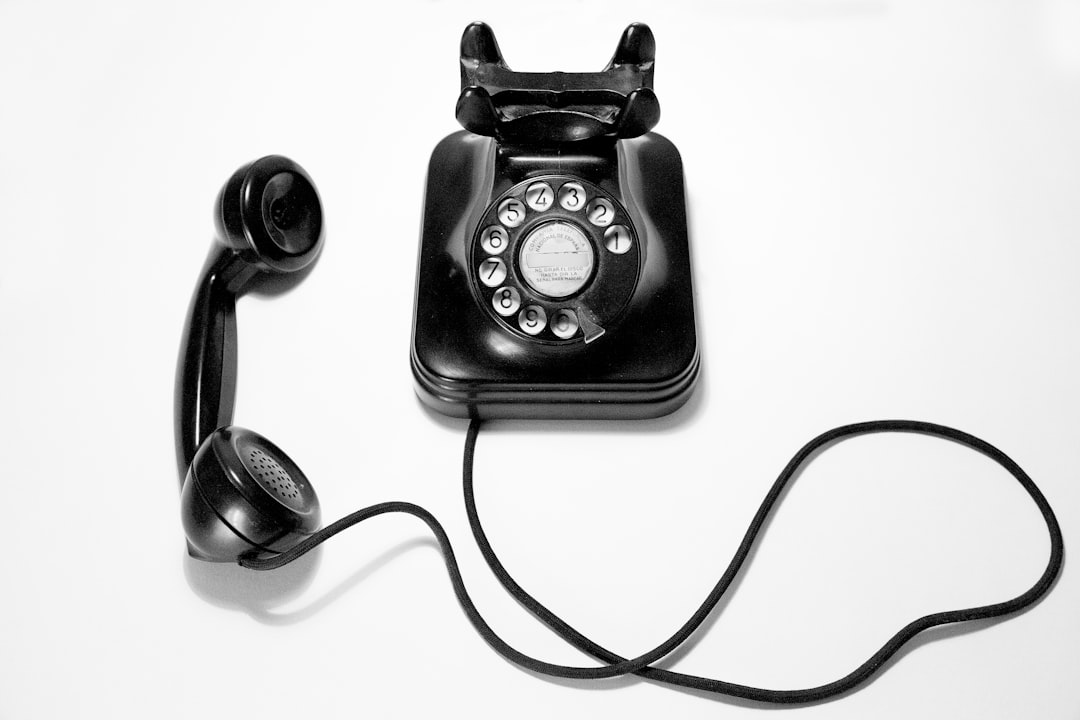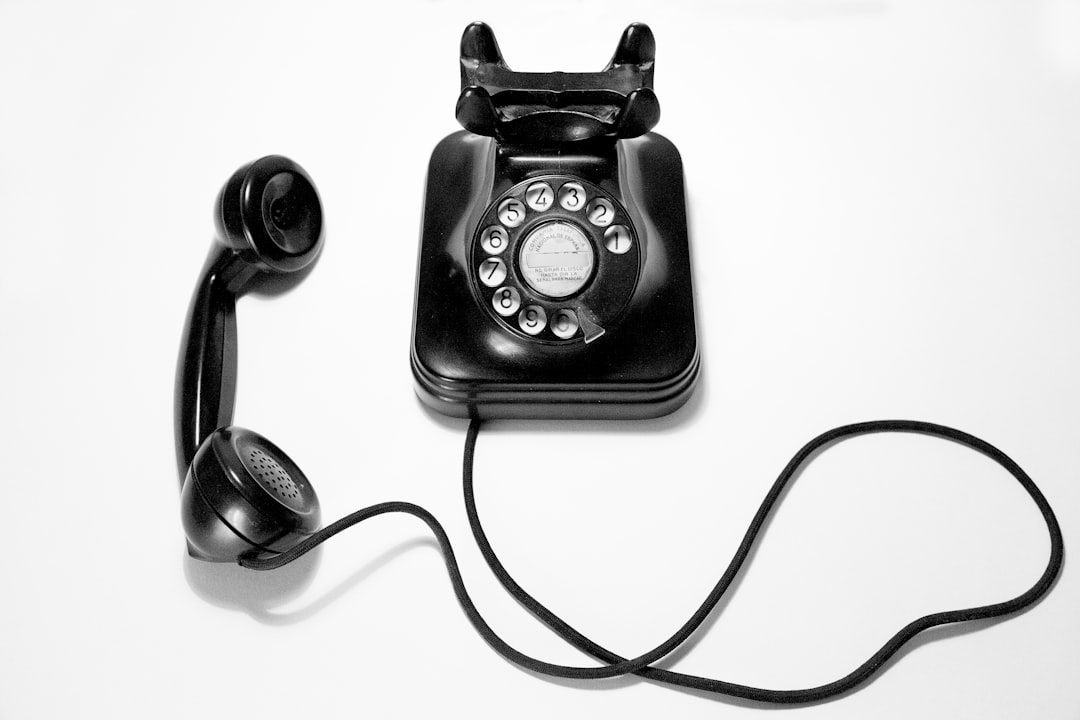Telemarketers in Iowa must adhere to strict Do Not Call Laws to protect residents from unwanted calls and avoid legal penalties. These laws, enforced by Do Not Call Lawyers Iowa, mandate explicit consent before marketing calls and allow residents to opt-out. Telemarketing firms must consult these experts for compliance, ensuring positive consumer relationships and smooth business operations within the state. Key regulations include accurate Caller ID information and obtaining verbal or written permission from callers. Certain entities like charitable organizations and political campaigns are exempt from standard caller ID requirements. Engaging Do Not Call Lawyers Iowa is crucial for businesses to comply with regulations, avoid penalties, and build customer trust.
In Iowa, understanding Caller ID requirements for telemarketers is crucial to navigating state-mandated Do Not Call laws. This comprehensive guide delves into who qualifies as a telemarketer under Iowa law and outlines compliance mandates, including specific rules for caller identification. We explore exclusions, special cases, and the importance of adhering to these regulations. For legal advice tailored to Do Not Call Lawyers Iowa, this article offers valuable insights, ensuring businesses stay compliant in the ever-evolving regulatory landscape.
Understanding Iowa's Do Not Call Laws
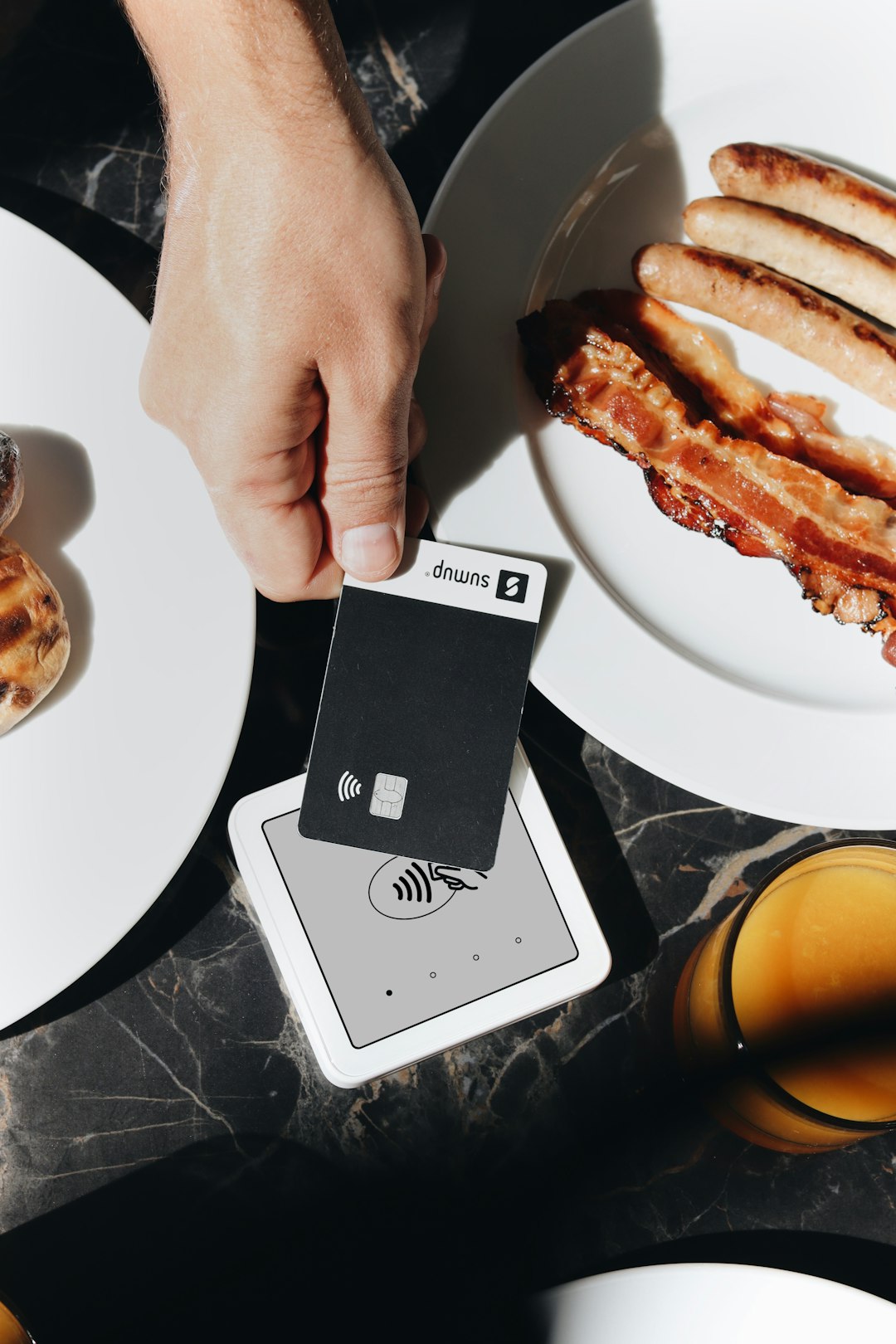
In Iowa, understanding and adhering to the state’s Do Not Call laws is crucial for telemarketers to avoid legal repercussions. These laws protect residents from unwanted phone calls by regulating when and how businesses can contact consumers. If a company violates these rules, it may face penalties, making it essential for telemarketing firms to consult with Do Not Call Lawyers Iowa experts to ensure compliance.
Iowa’s regulations require telemarketers to obtain explicit consent from receivers before initiating marketing calls. This means that residents have the right to opt-out of receiving such calls, and businesses must honor these preferences. By respecting consumer choices and following the state’s guidelines, telemarketers can foster a positive reputation and avoid potential legal issues, thereby ensuring a smoother business operation within the state.
Who Is Considered a Telemarketer in Iowa?
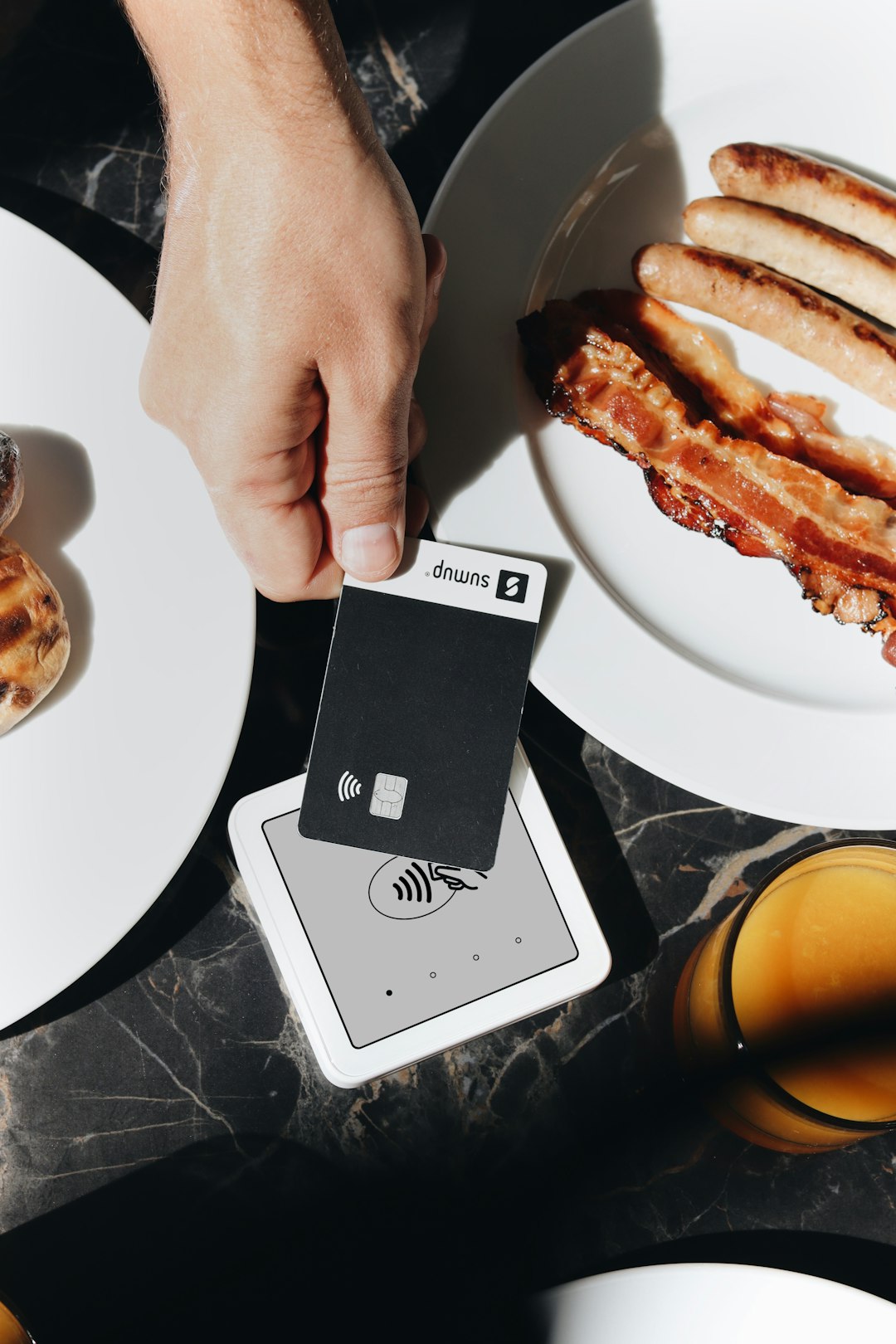
In Iowa, a telemarketer is defined as an individual or entity engaged in the business of soliciting telephone calls for the purpose of selling or promoting goods, services, or investments. This includes businesses that use automated dialing systems, prerecorded messages, or live operators to make these calls. The state’s Do Not Call Laws specifically target telemarketers, providing residents with a level of protection from unsolicited sales calls.
Iowa’s Do Not Call Lawyers play a crucial role in ensuring compliance with these regulations. Telemarketers must obtain prior consent from residents before making sales calls, and those who violate this rule face strict penalties. The laws also permit individuals to register their phone numbers on the state’s Do Not Call list, effectively preventing telemarketing calls from specific companies.
Compliance Requirements for Telemarketers
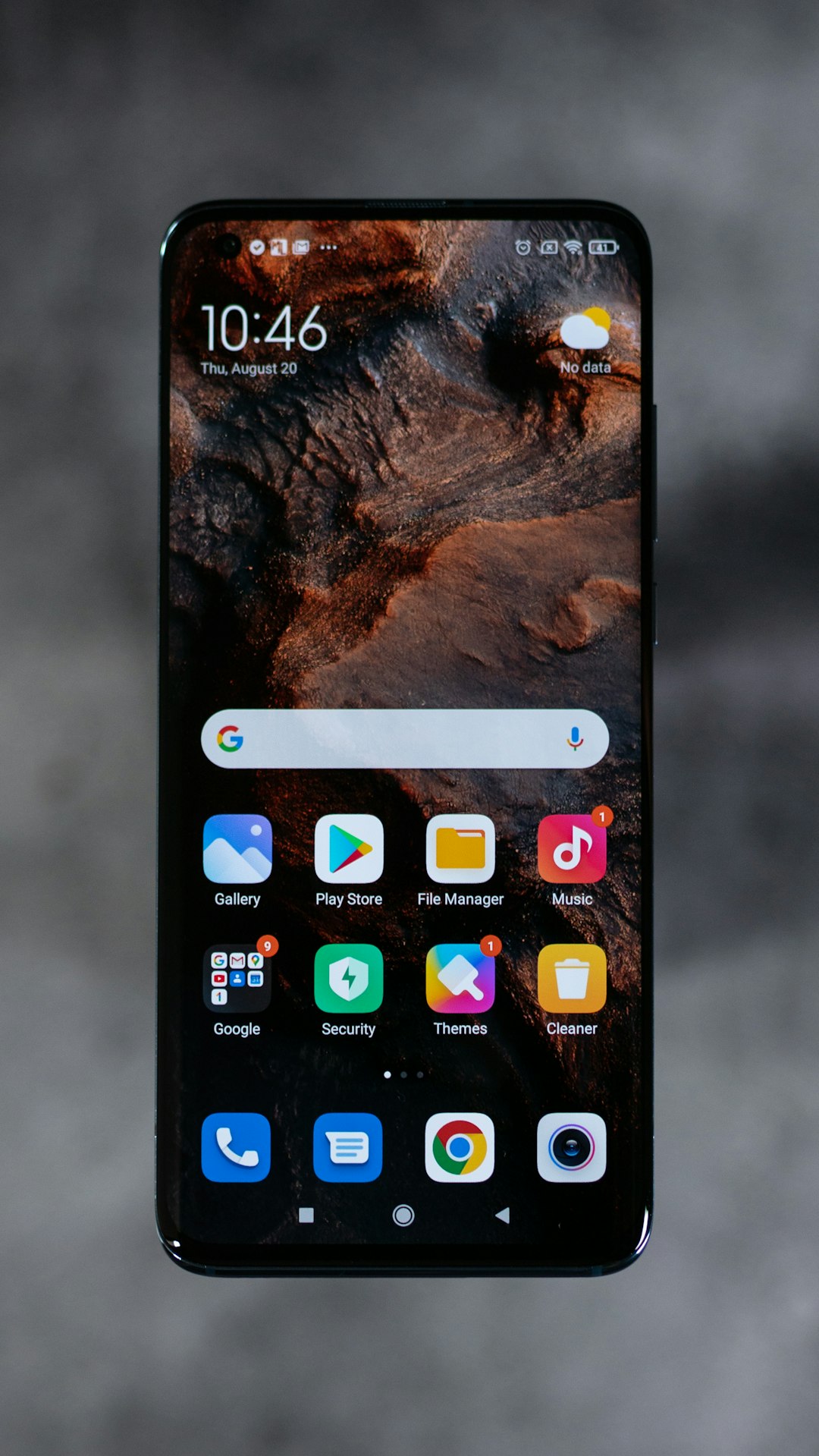
In Iowa, telemarketers must adhere to stringent Caller ID requirements set forth by state laws and regulations. One of the primary compliance mandates is providing accurate and legible Caller ID information. This means that when making marketing calls, telemarketers are required to display their company name and number on the recipient’s telephone screen. Failure to do so can result in legal consequences, as Iowa has strict Do Not Call laws enforced by the state’s Attorney General’s Office, often involving the assistance of Do Not Call Lawyers Iowa.
Additionally, telemarketers must obtain explicit consent from callers before initiating contact. This includes obtaining verbal or written permission, ensuring that individuals have a clear understanding of what they are agreeing to. These compliance requirements aim to protect consumers from unsolicited and deceptive marketing practices, ensuring transparency and respect for personal privacy.
Exclusions and Special Cases

In Iowa, certain entities and situations are excluded from adhering to the standard Caller ID requirements for telemarketers. For instance, charitable organizations, political campaigns, and schools conducting surveys are not mandated to provide caller identification numbers. Additionally, businesses with a pre-existing relationship with the receiver, such as financial institutions or service providers, are also exempt.
Another special case involves Do Not Call Lawyers in Iowa. These legal professionals, who assist individuals in navigating and enforcing their rights regarding unwanted calls, themselves do not have to display caller ID information when making telemarketing calls. This exemption is a result of specific legal provisions designed to facilitate their work while ensuring compliance with privacy laws.
Legal Reconsiderations: Engaging with Do Not Call Lawyers Iowa

In addition to adhering to state and federal regulations, telemarketers in Iowa must also navigate legal considerations when it comes to the Do Not Call list. Engaging with Do Not Call Lawyers Iowa is a crucial step for businesses operating within this jurisdiction. These legal professionals specialize in navigating the complexities of consumer protection laws, ensuring that companies respect individual opt-out requests and adhere to the strictest standards. By consulting with such experts, telemarketers can avoid potential penalties and maintain compliance, thereby fostering trust among their customer base.
Do Not Call Lawyers Iowa play a vital role in upholding the rights of residents to control their communication preferences. They assist companies in understanding and implementing effective opt-out mechanisms, ensuring that calls from telemarketers are not only restricted but also properly documented. This collaborative approach allows businesses to maintain legitimate marketing efforts while respecting consumer choices, thereby promoting a harmonious balance between commercial interests and individual privacy rights.



